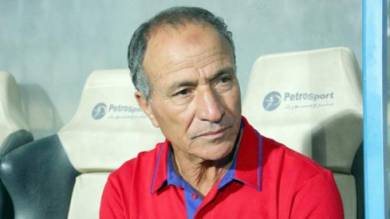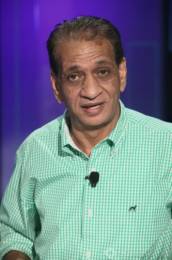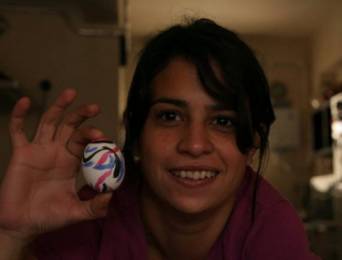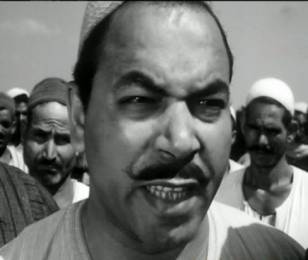GSK seeks approval for world's first malaria vaccine
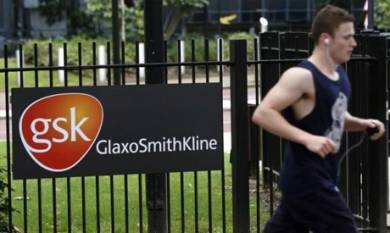
GlaxoSmithKline (GSK.L) said on Thursday it is applying for regulatory approval for the world's first vaccine against malaria, designed for use in children in Africa.
The British drug maker said the shot – called RTS,S – is intended exclusively for use outside the European Union but will be evaluated by the European Medicines Agency (EMA) in collaboration with the World Health Organisation (WHO).
Malaria, a mosquito-borne parasitic disease, kills more than 600,000 people a year, mainly babies in the poorest parts of sub-Saharan Africa.
Experts have long hoped that scientists would be able to develop an effective vaccine against the disease, and scientists at GSK have been working on this one for 30 years.
Yet hopes that RTS,S will be the final answer to wiping out malaria were dampened when results from a final-stage trial in babies aged six to 12 weeks showed the shot provided only modest protection, reducing episodes of the disease by 30 percent when compared to immunisation with a control vaccine.
GSK said data from that and other final phase III trials – conducted at 13 African research centres across Burkina Faso, Gabon, Ghana, Kenya, Malawi, Mozambique, Nigeria and Tanzania – have also been included to support the application. "An effective vaccine for use alongside other measures such as bed nets and anti-malarial medicines would represent an advance in malaria control," the company said in a statement.
The WHO has previously indicated it may recommend use of RTS,S from as early as 2015 if EMA drugs regulators back its license application.
GSK has been developing RTS,S with the non-profit PATH Malaria Vaccine Initiative (MVI), with grant funding from the Bill & Melinda Gates Foundation to MVI.
If approved, the vaccine is unlikely to be anything other than neutral for GSK's bottom line. The firm has promised it will be priced at cost of manufacture plus a 5 percent margin, and the margin will be reinvested in research on malaria and other neglected tropical diseases.
"This is a key moment in GSK’s 30-year journey to develop RTS,S and brings us a step closer to making available the world's first vaccine that can help protect children in Africa from malaria," Sophie Biernaux, head of GSK's malaria vaccine franchise, said in the statement.
Egypt's stance
The Upper Egyptian governorate of Aswan made headlines in May when 11 citizens from the same village were diagnosed with malaria. The number later reached up to 17, prompting a comprehensive diagnosis campaign in the infected village of Al-Adwa, east Aswan.
The health ministry confirmed that the outbreak had been controlled and that no more cases had been reported.
Egypt's worst malaria epidemic was in 1942, killing over 200,000 out of almost 1 million who were infected over a two-year period.
